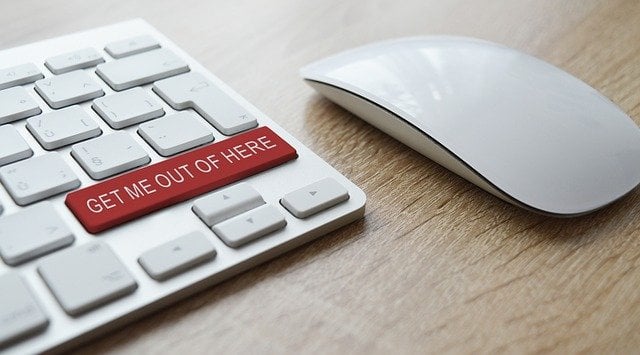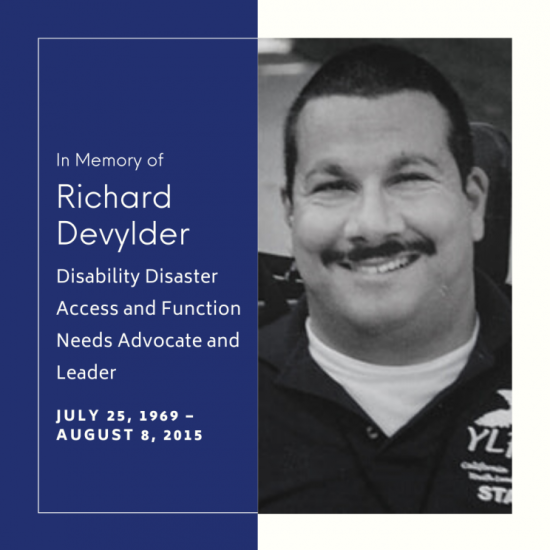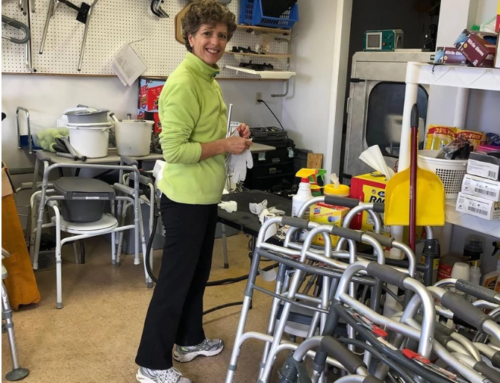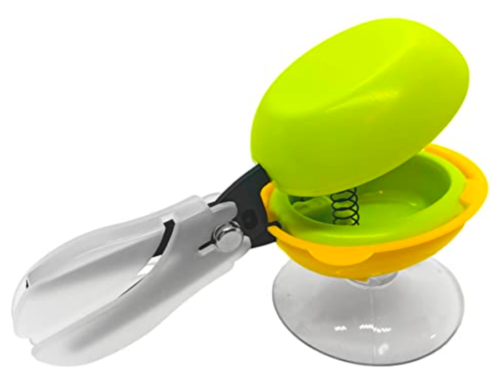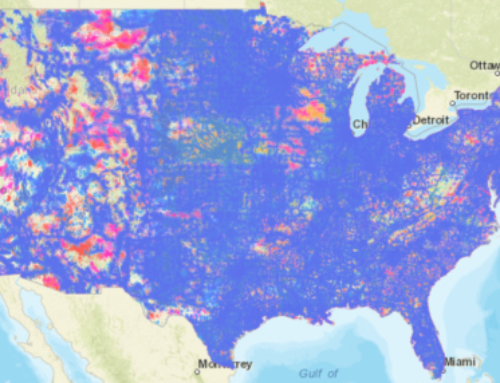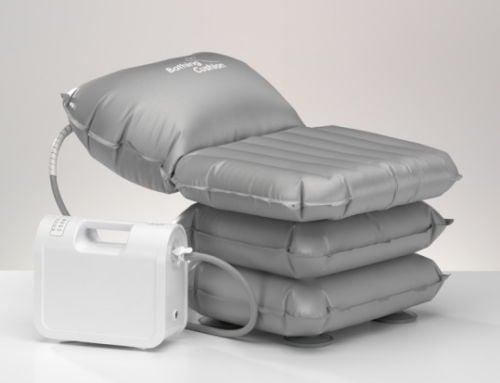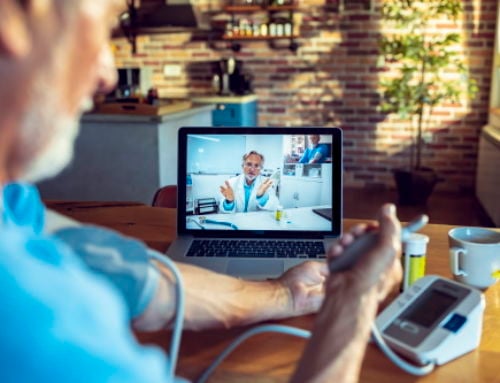Got Your Go-Bag?
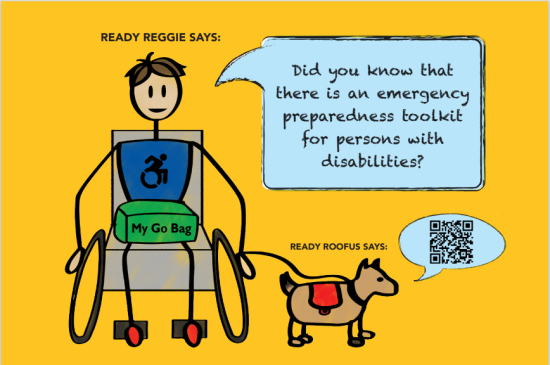
In the event of a natural disaster or other emergency, a custom go-bag can make a big difference for a successful evacuation. In recognition of National Preparedness Month, here are suggestions to help identify your essentials. Many thanks to Ability Tools (the CA AT Act Program) and WisTech (the WI AT Act Program) for their years of disaster response experience, and help informing this post.

A go-bag’s contents will vary by household depending on individual needs. Basics include bottled water, food (“MREs” or ready-to-eat meals), Sterno cans, first aid kit, pocket knife, lighters, plastic storage bags, and medication. But also remember:
Vital Information
Include contact info for friends and family, medical providers, insurance details, medical needs, and the make and model numbers for any durable medical equipment and assistive technology you rely on. Consider completing and including this Medical Information and Emergency Health Care Plan or this Communication Passport for Accidents and Emergencies. Also consider emailing this information to yourself for Cloud storage (using a searchable subject line). If you use AAC, review the recommendations in Prepare for the Hospital – Plan Your Communication Strategy.
Surgical Masks
Not only for Covid-19 protection, but also for particulate matter from wildfires and explosions.
LifeStraw Water Bottle
The LifeStraw water bottle removes bacteria and parasites, dirt and silt.
Back-up Batteries, Solar Charger, Car Charger
Remember the needs of your powered assistive technology (AT) and durable medical equipment. Some solar chargers have integrated rechargeable batteries so you can access power at anytime (and pre charge before you may lose power). Whenever possible, consider non-powered alternatives (such as a custom communication board if a member of your household uses a powered augmentative and alternative communication device).
A Solar Hand-Crank Weather Radio
A solar-powered hand-crank radio can keep you connected to emergency services and updates when power and cell towers go out. This Midland NOAA radio will charge by hand, sun, rechargeable built-in battery, or AAs.
An SOS Signal
If you live in an area at risk for wildfires, consider a Sirius Signal SOS Kit. This LED device functions as a flare and has a marine whistle to help rescue workers find you.
A Portable Cooler
If you have medication or other items that need to stay cool, particularly in a warm climate or time of year, consider designating a cooler for your kit. One option that can help with portability is a cooler backpack.
Ways to Keep Warm and Cool
Remember an emergency blanket, disposable hand/foot/body warmers, and consider a Chill Pal cooling towel, especially if you rely on cooling AT that uses power.
An Emergency Transfer Sling
Consider an Adapts Transfer Sling if there’s a wheelchair user in your household. A transfer sling makes transferring between seats comfortable and may be essential to assist you or a loved one out of harm’s way. Download the Adapts Evacuation Methods for wheelchair users (helpful even if you don’t own a sling).
A Weighted Blanket
Consider if a weighted blanket and other AT for managing anxiety are appropriate for your household.
Pet Essentials
Pet food, leash, collar, medication, and whatever helps keep Fido calm (perhaps a ThunderShirt?)
Remember to keep your kit by an exit or in the trunk of your car for a fast departure!
More Resources:
- Emergency Preparedness Toolkit for Persons with Disabilities created by the Wisconsin AT Act Program (WisTech) in partnership with the WI Council on Physical Disabilities. The Puerto Rico AT Act Program (PRATP) translated this toolkit into Spanish (also available at this webpage).
- Backpack Emergency Card (cdc.gov)
- Disability and Disaster Hotline: 1-800-626-4959 (Accessible and multilingual information to callers, including via videophone for d/Deaf callers, is available upon request to info@disasterstrategies.org.)
Monthly Blog Digest
Search the blog
State AT Program Blogs
California
Florida
Indiana
Kentucky
Louisiana
Maryland
Massachusetts
Michigan
Montana
North Carolina
North Dakota
Utah
State AT Program Blogs
The AT3 Center, the Association of AT Act Programs (ATAP), and the Administration on Community Living (ACL) make no endorsement, representation, or warranty expressed or implied for any product, device, or information set forth in this blog. The AT3 Center, ATAP, and ACL have not examined, reviewed, or tested any product or device hereto referred.

